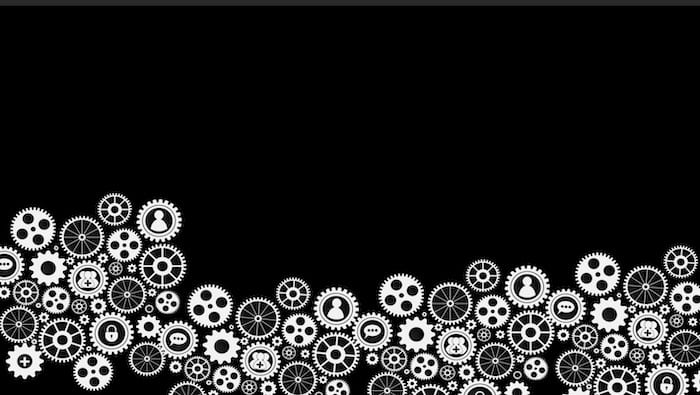The Brightest Flames
This is a guest post by Deb Chalmers (@ViridescentFrog), who is an optimist, philomath, tuneless singer of 1980’s songs (and random songs about frogs); and also an Intensivist with an interest in education, ethics & sustainability. It was originally written for the RACP Training Wheels newsletter for physician trainees.
We doctors spend a great deal of effort and energy on the wellbeing of others. All the way through medical school we learn lists of signs and symptoms of disease. We categorize and compartmentalize. We weigh up probabilities. We apply diagnoses. We recognize patterns.
We recognize patterns in others but we seldom recognize patterns in ourselves. And fundamentally we are very good at hiding signs of perceived weakness. Our own mental patterns. Our very personal signs of stress. Medical school taught us to maintain a “healthy emotional distance” from our patients. We had to. We were young and unaccustomed to death and disease. I’m sure you all remember the first time you had to tell someone they were dying. I know I do. But in that process of developing our resilience, we also developed one of our greatest failings. Hiding our emotions from ourselves.
We are taught to speak up in stressful situations at work where we have the best interests of our patients at heart. In the middle of an arrest, if the team leader is not considering the T for Tamponade and it becomes obvious to you… you speak up. You are encouraged to speak up. Crisis resource management mandates that you speak up. As you advance in your training you are encouraged to question, and given the skills and the courage to speak up. To protect your patient. What about speaking up when you see warning signs in your friends? Your colleagues? Do you have the courage to act when you see the signs in yourself?
We are taught to be wary. To HALT. To take care when we are Hungry, Angry, Late or Tired. For the sake of our patients. But do we really HALT. Do we really identify the warning signs in ourselves that we are under strain? Do we identify them in others? And do we speak up when we do?
Take a moment. Ask yourself: Are you emotionally exhausted? Are you drained at the end of the day? Do you feel like there is often no point to what you do? Do you depersonalize your patients? Are you cynical and sarcastic? Extreme examples, but I’m sure we have all been there… at least a little … and then we go on holiday… and it gets better… sometimes?
I implore you to take this opportunity to take stock of your life. To take stock of what is important. To forget the hamster wheel of training reports and run descriptions and the various other TLAs that make up our world. I implore you to consider what you will do when the race is run. When you have the elusive 5 letters that you are currently chasing. What state will you be in at the finish line? Take the time. See the warning signs. Obtain the skills to deal with the stuff that they didn’t teach us about at med school or in our training programs. The stuff of life.
We are good at gaining skills. We couldn’t put in an IV line. And now we can. We couldn’t do that thing, that practical thing that the more senior doctors could do. And now we can. So treat this like any other thing that you need to learn. To master. Find a course. Learn some skills. Look into your own wellbeing for a change. Attend a trainees day. Talk to colleagues. About the stuff that matters. Read a book on wellbeing – there are hundreds out there. Learn to meditate. Learn to do pottery, or horse riding, or whatever. Find stuff that fills your life (your actual life and not your medical life) with joy and happiness.
Because the race is soon over. The letters will be gathered. The graduation ceremony attended. The grown up job obtained.
I recently lost a colleague. A friend. And I miss her. Lots.
I don’t have all the answers. I don’t even listen to my own advice all of the time. But I do try. Every day I try. I try to remember the person that I am, that I want to be. And that person is distinct from the job that I do.
It is only through building our own resilience that we are truly able to help others.
The flame that burns twice as bright burns half as long.
Lao Tzu

SMILE
squared
Chris is an Intensivist and ECMO specialist at The Alfred ICU, where he is Deputy Director (Education). He is a Clinical Adjunct Associate Professor at Monash University, the Lead for the Clinician Educator Incubator programme, and a CICM First Part Examiner.
He is an internationally recognised Clinician Educator with a passion for helping clinicians learn and for improving the clinical performance of individuals and collectives. He was one of the founders of the FOAM movement (Free Open-Access Medical education) has been recognised for his contributions to education with awards from ANZICS, ANZAHPE, and ACEM.
His one great achievement is being the father of three amazing children.
On Bluesky, he is @precordialthump.bsky.social and on the site that Elon has screwed up, he is @precordialthump.
| INTENSIVE | RAGE | Resuscitology | SMACC
